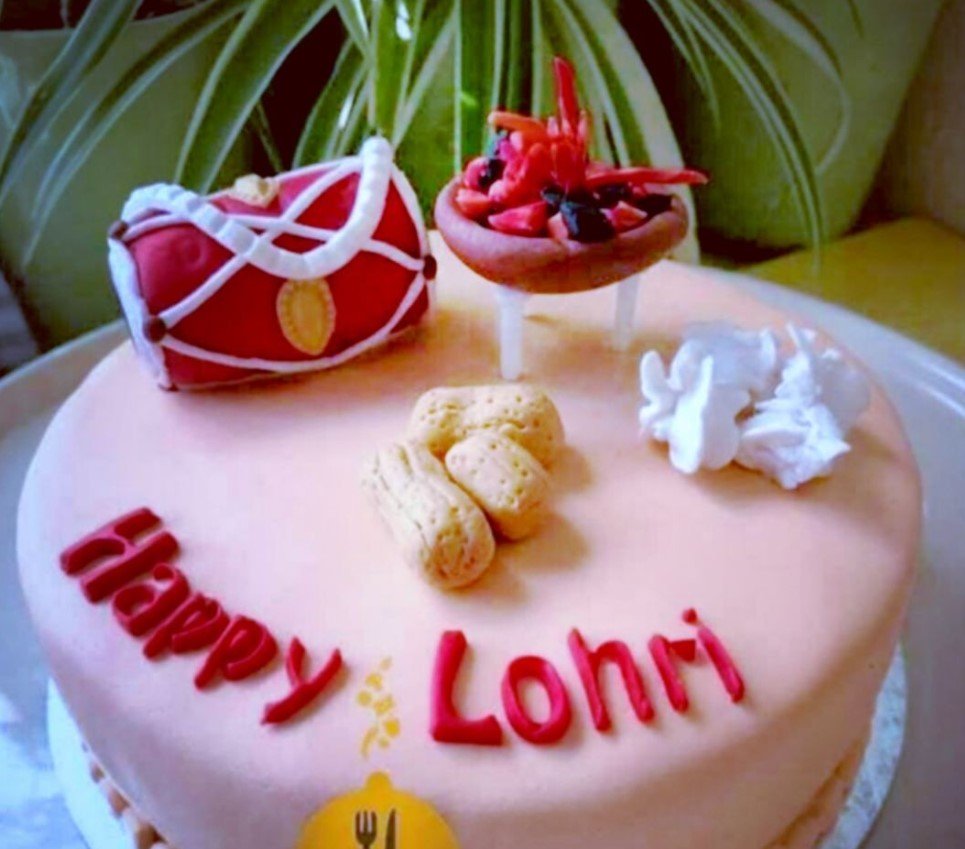India is a land of diversity, where different regions and cultures have their own ways of marking the seasons and the harvests. In the month of January, several winter harvest festivals are celebrated across the country, such as Lohri, Makar Sankranti and Pongal. These festivals are not only occasions to thank the nature and the gods for the bounty, but also to enjoy the traditions, cuisines and festivities with family and friends.
Lohri: The bonfire festival of North India
Lohri is celebrated on January 13, a day before Makar Sankranti, in the northern states of Punjab, Haryana, Himachal Pradesh and Jammu and Kashmir. It marks the end of the winter solstice and the beginning of longer and warmer days. Lohri is also associated with the harvest of rabi crops, such as wheat, mustard and sugarcane.

The main attraction of Lohri is the bonfire, around which people gather to sing, dance and offer prayers. They also throw sesame seeds, jaggery, peanuts, popcorn and other items into the fire as a symbol of gratitude and purification. Some of the popular dishes that are prepared and consumed on this day are makki ki roti (corn bread), sarson ka saag (mustard greens), gur gajak (jaggery brittle), rewdi (sesame candy) and gur halwa (jaggery pudding).
Lohri also celebrates the folklore and legends of the region, especially the story of Dulla Bhatti, a heroic figure who rebelled against the Mughal empire and rescued many young girls from being sold as slaves. Many folk songs on Lohri feature his name and deeds, and children go from door to door to collect money and sweets in his honour.
Makar Sankranti: The sun festival of Western India
Makar Sankranti is celebrated on January 14, when the sun enters the zodiac sign of Capricorn (Makara). It signifies the end of the winter season and the start of the spring season. Makar Sankranti is also a harvest festival, as it coincides with the harvesting of crops like rice, sugarcane and turmeric.
Makar Sankranti is dedicated to Surya, the sun god, and people worship him and offer him various offerings, such as sesame seeds, jaggery, rice, fruits and flowers. Many people also take a holy dip in the sacred rivers, such as the Ganga, the Yamuna and the Godavari, to wash away their sins and seek blessings.
One of the most popular and fun activities on Makar Sankranti is kite flying, which is especially prevalent in the states of Gujarat, Rajasthan and Maharashtra. People of all ages fly colourful kites of various shapes and sizes, and compete with each other to cut the strings of their rivals. The sky is filled with a riot of colours and sounds, as people cheer and shout. Some of the delicious snacks that are enjoyed on this day are til ladoo (sesame balls), chikki (nut brittle), khichdi (rice and lentil dish), undhiyu (mixed vegetable curry) and puran poli (sweet flatbread).
Pongal: The rice festival of South India
Pongal is a four-day festival that is celebrated in Tamil Nadu, Pondicherry and Sri Lanka from January 14 to 17. It is derived from the Tamil word meaning ‘to boil over’, and refers to the ritual of cooking the first rice of the season with milk and jaggery in an earthen pot, and letting it overflow as a sign of abundance and prosperity.
The first day of Pongal is called Bhogi, and is dedicated to Indra, the god of rain and thunder. People clean their houses and discard old and unwanted items in a bonfire. They also decorate their homes with colourful rangolis and fresh flowers.
The second day of Pongal is called Surya Pongal, and is dedicated to Surya, the sun god. People cook the Pongal dish in an open space and offer it to the sun along with sugarcane, bananas and coconuts. They also wear new clothes and exchange greetings with their relatives and friends.
The third day of Pongal is called Mattu Pongal, and is dedicated to the cattle, who are considered as the helpers of the farmers. People decorate their cows and bulls with bells, garlands and paint, and feed them with Pongal and other delicacies. They also conduct games and competitions, such as bull racing and taming.
The fourth day of Pongal is called Kaanum Pongal, and is dedicated to the family. People visit their relatives and neighbours, and share gifts and sweets. They also pray for the well-being and happiness of their loved ones. Some of the traditional dishes that are prepared and savoured on this day are sakkarai pongal (sweet rice), ven pongal (savoury rice), avial (mixed vegetable stew), sambar (lentil and vegetable soup) and payasam (rice pudding).










